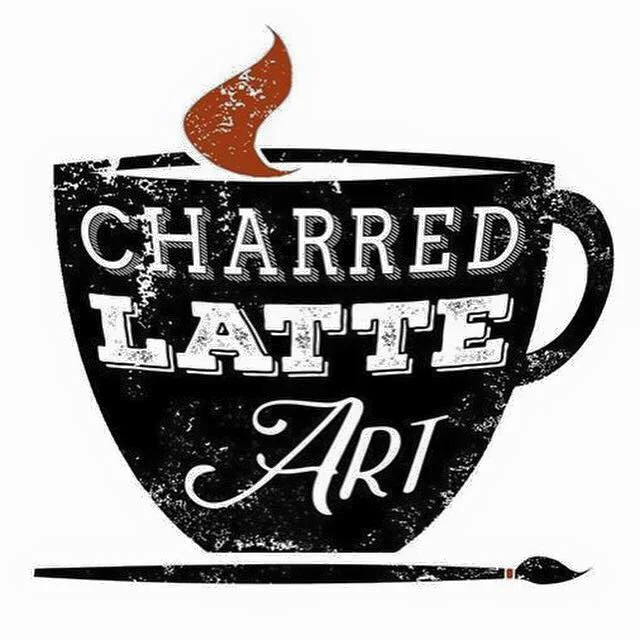Sometimes books beckon. Sometimes the short summaries on the inside cover hint at great mysteries or past worlds or exciting knowledge, and the book just begs to be read. Sometimes, books live up to these expectations of magic and grandeur and sweep you off to new worlds of enlightenment and personal discovery. Other times, they are just hideously torturous and excruciatingly boring smooshed-up trees.
I don’t know how many of these books will be a joy to read or how many might end up a dud. I do know that I will do my best to learn as much from the dry and slow literature as I do from the exciting science fiction. No matter how sluggish of a read or disengaging of a plotline, there is value in every work because it is someone’s interpretation. I may regret saying that as there are certainly varying levels of value. But I think the impact a work of literature can have depends much more on the reader than the writer.
I am reading classics. My quick google search defined classic literature as “a book accepted as being exemplary or noteworthy, either through an imprimatur such as being listed in any of the Western canons or through a reader's own personal opinion.” This gives classics a very open definition and leaves deciding if a book is “classic” up to me, as I refuse to believe that the Western canons can possibly know more about quality literature than I do. The books that have lasted for generations and endured as a top choice of the Western canons are most likely the books shoved into the public’s hands, and therefore, the books they choose. The designation of classic literature is a bit of a societal conspiracy- classics are the books written at the right time, by the right person, to catch the public attention. Some do not gain fame until years later. Some are beloved simply because a well-placed society man penned them first. You hear stories all the time of classic books that were turned away by publisher after publisher because they were “too controversial” or “too vulgar” or that one single reader did not appreciate the story as millions of fans later would. How many “classic books” were never published because the writer was too poor or the publishers decided they would never sell? How many potential classics died within their writer’s minds? How many classics are lying, disregarded, in a used bookstore, waiting to be discovered?
A book’s value is not decided by what society or some snooty publisher believes. The reader decides its value. Those books that bring magic are the ones that matter, but the writer alone isn’t responsible for the magic. You get out of a book what you put into it. If I can inject my own magic into Lolita or The Grapes of Wrath or whatever story ends up reading slower than the minute hand on the last day of school, then maybe I can squeeze some great mysteries and exciting knowledge out of it. At the very least, I’ll be able to coherently discuss classic literature, as any self-proclaimed bookworm should.

